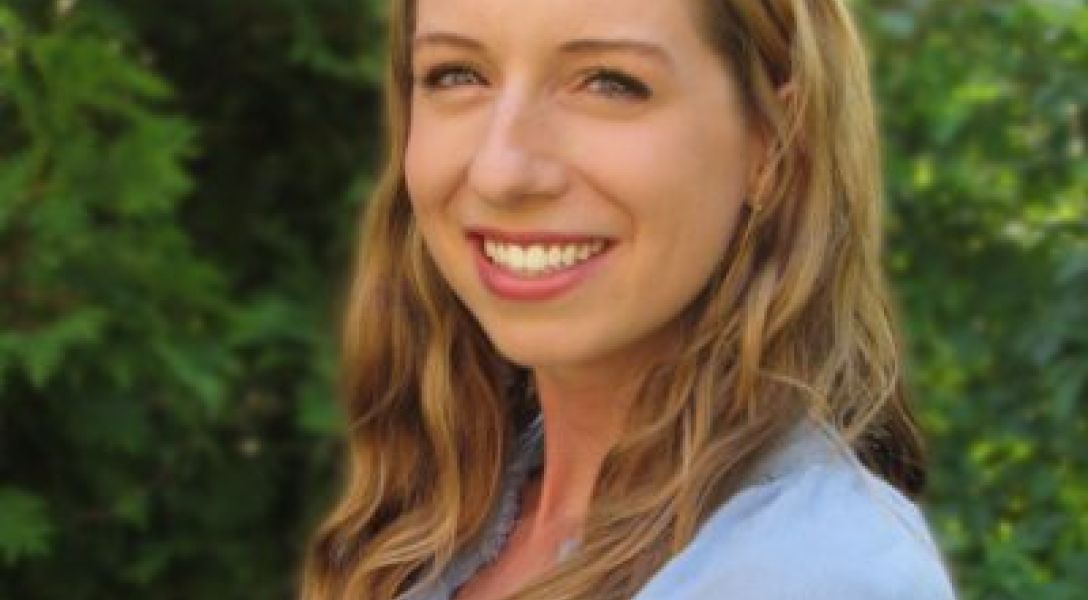Kim Hochstedler is a doctoral candidate in statistics from Mishawaka, Indiana. She earned her bachelor’s degree at Carnegie Mellon University and now studies ways to conduct accurate statistical analyses with a focus on data imperfection under the guidance of Martin Wells at Cornell.
What is your area of research and why is it important?
My research focuses on ways that we can conduct accurate statistical analyses, even in cases where our data aren’t measured perfectly. In particular, I focus on a data imperfection called “binary outcome misclassification.” This occurs when something that has two possible outcomes is incorrectly measured or recorded (i.e. “yes” instead of a “no”). This research is important because real-life datasets almost always contain these types of errors. Moreover, the cause for this type of misclassification is often based on specific biases in the data that would also bias our results if they were not accounted for.
What are the larger implications of this research and what is its impact?
One area that my research on misclassification has a big impact on is medical diagnostics. For example, a goal of one of my projects was to better understand risk factors for heart attacks while dealing with misclassification of the outcome (i.e. possible heart attack misdiagnosis). Since men and women have different symptom patterns during heart attacks, these misdiagnoses are thought to be tied to patient gender. By accounting for these misdiagnoses in the data, we were able to better understand the association between a number of factors and heart attack risk, while also accounting for the misdiagnosis of heart attacks based on gender.
You were named co-first place winner in the 2023 Three Minute Thesis (3MT) competition. Can you describe the process of condensing your research into a three-minute presentation?
Condensing my research into a three-minute presentation was a challenge! I found that focusing on the applications of the statistical methods that I work with helped me with my presentation. My methods can be applied to a variety of contexts, but selecting one specific example – heart attack diagnosis – made the entire process easier to describe. By choosing an application that many people care about on a personal level, I also was able to get the audience emotionally invested in a way that math and equations typically cannot.
How will you take what you’ve learned from participating in the 3MT and use it in future academic and professional contexts?
The 3MT really made me think about my presentation audience. I am so used to only discussing my research to people who are experts in statistics. The 3MT was a good chance to practice describing my work to people with different areas of expertise. In future academic and professional contexts, I will continue encountering people from different fields and backgrounds. Now, I feel more prepared to discuss my research and its broader impact.
What are your hobbies or interests outside of your research or scholarship?
I really enjoy being active and outdoors in just about any way I can – including running, swimming, hiking, and playing sports.
Why did you choose Cornell to pursue your degree?
I was drawn to Cornell due to the potential for interdisciplinary work as a Ph.D. student. I knew that I wanted to apply my work in statistics to problems in the health and social sciences. With the individualized program available to me in the department of statistics and data science, I knew that I would be able to explore collaborations with researchers from across campus.



